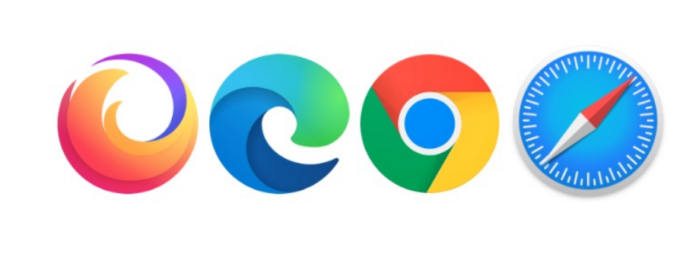
Browser extensions, whether Chrome extensions, Firefox add-ons, or Safari extensions, are unquestionably beneficial to consumers.
However, building them across many browsers might be difficult for developers. In an effort to standardize browser extensions, prominent browser industry titans such as Google, Apple, Microsoft, and Mozilla have formed the WebExtensions Community Group (WECG).
Web Extensions Community Group By Google, Apple, Microsoft And Mozilla Firefox
The objective of the WebExtensions Community Group (WECG) is to make it easier for developers to create extensions. To do this, participating browser vendors hope to leverage this community to create a standardised model of functionality, APIs, and permissions. WECG also wants to improve the general reliability of extensions by designing an architecture that increases performance and security.
“To begin, we will create a definition based on the current extensions paradigm and APIs supported by Chrome, Microsoft Edge, Firefox, and Safari. “We hope to discover common ground, bring implementations closer together, and map out a path for future evolution,” the W3C Team stated in the announcement piece.
However, this does not preclude browsers from introducing additional APIs to support specific use cases. W3C highlighted in the same document that the community will not describe every feature of the web extensions platform.
“We have really no intention to explain, standardize, or coordinate the signature or delivery of extended extensions. According to the post, “each browser manufacturer will continue to run its extension store fully autonomously, with their own technical, review, and editorial policies.”
The community encourages other browser developers to join in on this endeavour. It will also solicit contributions after releasing the initial draught of the standard. If you wish to understand more about how this effort will affect you as a developer, you can read the whole charter on GitHub.
Hopefully, we’ll be able to acquire better extensions for our Mac and Windows browsers, as well as for everything else.